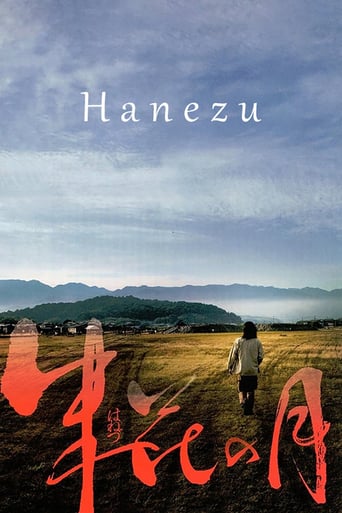chaos-rampant
Sharasojyu, by the same filmmaker, wowed me recently. It was, as I wrote the other day, some of the best cinematic Zen I know, which in my book is the highest praise. However, inspiration can be a fickle muse as this other film demonstrates. The difference between the two films is subtle but vital. It's not a bad film by any means, it's in the same vein about coming and going, about being there as you quietly yearn for something else. It has some of the same enveloping nature. The first half is pretty good, a woman is torn between her reasonable but boring boyfriend, and a bohemian sculptor she knows. This is layered with love stories of their grandparents, compromised marriage and untimely death. An ancient city is being excavated nearby, as meant to point to the same cycles of life through time, memories as they're dug up. It's just that when you set nature and mood a certain way, as the filmmaker has here, unusually sparse and quiet, it helps to take care of what you use as dramatic counterpoint. The filmmaker didn't, so all the stuff about loving, losing and memory as someone dying in the second half come off as particularly loud and constructed, almost in bad taste.Which in turn, imbues her lovely sunsets and mountains with a sophomoric sense of importance. Whereas the other film was the quiet rustling of the forest, this is as if someone is trying to pluck each rustling sound from a synthesizer to create nature, artificial.

